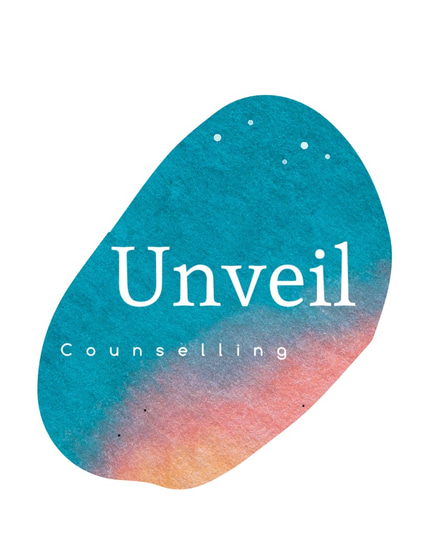What is self care
Self-care refers to activities and practices that individuals engage in to maintain their physical, mental, and emotional well-being. It involves taking deliberate actions to prioritize one's own health and happiness. Self-care is essential because it allows individuals to recharge, reduce stress, and prevent burnout. By taking the time to care for oneself, people can improve their overall quality of life, boost their resilience, and enhance their ability to cope with life's challenges. Practicing self-care enables individuals to nurture a positive relationship with themselves, cultivate self-awareness, and promote a healthy work-life balance. Ultimately, self-care is crucial for fostering a sense of self-worth, enhancing productivity, and sustaining long-term well-being.


What things count as self care
1. Meditation or mindfulness practices
2. Exercise or physical activity, such as yoga or walking
3. Healthy eating and staying hydrated
4. Journaling or writing down thoughts and feelings
5. Setting boundaries and saying no when needed
6. Engaging in hobbies or activities that bring joy
7. Getting enough sleep and practicing good sleep hygiene
8. Spending time outdoors in nature
9. Practicing relaxation techniques, such as deep breathing or progressive muscle relaxation
10. Connecting with loved ones or a support network
11. Seeking professional help or therapy when needed
12. Engaging in creativity, such as painting, crafting, or playing music
13. Practicing self-compassion and positive self-talk
14. Avoiding negative influences or toxic relationships
Self care after the counselling session
Self-care after a counseling session is crucial for several reasons:
1. Integration of Insights: Self-care allows clients to reflect on and integrate the insights gained during the counselling session. It provides a space for processing emotions and applying new perspectives or coping strategies.
2. Emotional Regulation: Counselling sessions can bring up strong emotions or difficult memories. Engaging in self-care activities can help clients regulate these emotions, reduce stress, and maintain emotional well-being post-session.
3. Boundary Setting: Practicing self-care reinforces the importance of setting boundaries and prioritising one's own needs. It can help clients maintain the positive changes or boundaries discussed during the counselling session.
4. Sustaining Progress: Consistent self-care practices can support the progress made in counselling sessions. It reinforces behavioural changes, promotes self-compassion, and fosters ongoing personal growth.
5. Preventing Burnout: Clients may experience emotional exhaustion or fatigue after discussing challenging topics in therapy. Engaging in self-care can prevent burnout, increase resilience, and support mental health maintenance.
6. Promoting Self-Reflection: Self-care activities, such as journaling or mindfulness practices, encourage self-reflection and self-awareness. This can enhance the client's understanding of their thoughts and feelings, aligning with the therapeutic process.
In summary, practicing self-care after a counselling session is essential for processing emotions, maintaining progress, setting boundaries, and supporting overall well-being as clients continue their personal growth journey.
